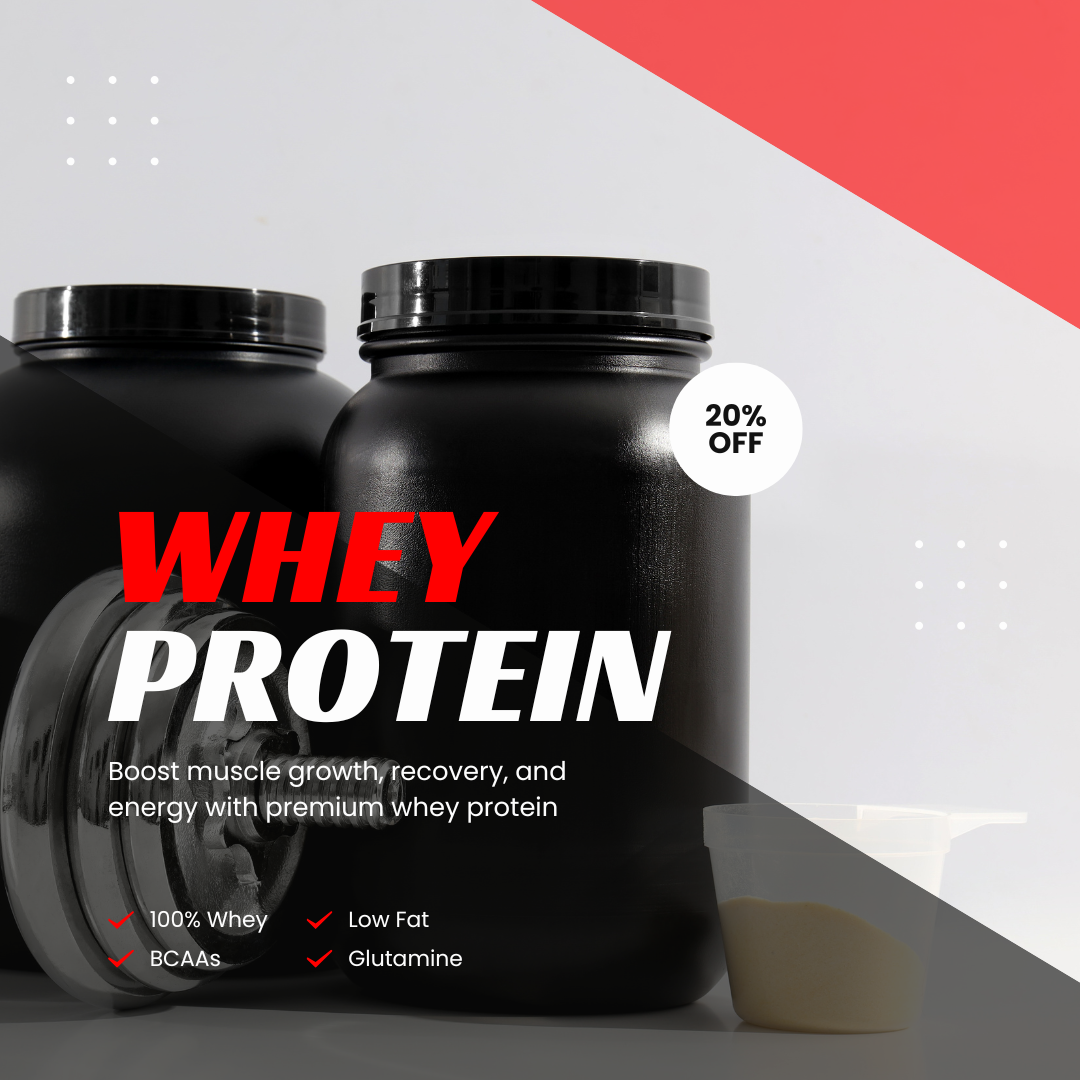The Science Behind Teen Athlete Performance: How Nutrition & Training Shape Success
Teen athletes are in a unique stage of development—growing bodies, evolving muscle structures, and increased physical demands. Science plays a crucial role in understanding how training, nutrition, and recovery impact performance. In this article, we’ll break down the latest research on muscle growth, energy systems, supplements, and recovery to help teen athletes optimize their training.
1. The Science of Muscle Growth & Strength
💪 How Muscles Grow:
When athletes train—whether through weightlifting, sprinting, or endurance activities—their muscles experience tiny microtears. These tears are repaired by protein synthesis, which leads to stronger, larger muscles. However, the body needs the right nutrients and recovery time for this process to be effective.
📌 Key Research Findings:
- Strength Training Benefits Teens – A study published in the Journal of Strength and Conditioning Research found that progressive resistance training (gradually increasing weight or intensity) is safe and effective for muscle development in teens.
- Protein Timing Matters – Research suggests that consuming 20–30g of protein within 30–60 minutes post-workout enhances muscle recovery and growth.
🔥 Takeaway: Strength training + proper protein intake = faster muscle growth and injury prevention.
2. Energy Systems: Where Your Power Comes From
Every sport relies on different energy systems to fuel movement. Understanding these systems can help athletes train more efficiently.
🏃 Three Main Energy Systems:
- ATP-PC System (Immediate Energy, 0–10 sec) – Used for sprinting, powerlifting, and explosive movements (e.g., basketball jumps, football tackles).
- Glycolytic System (Short-Term, 10 sec–2 min) – Powers mid-range efforts like a 400m sprint or wrestling match.
- Aerobic System (Long-Term, 2 min+) – Fuels endurance sports like soccer, cross-country, and swimming.
📌 Key Research Findings:
- Training specific energy systems improves performance (e.g., sprinters should focus on high-intensity, short bursts, while marathon runners need long-duration, lower-intensity training).
- Carbohydrates are the primary fuel for high-intensity efforts, while fats fuel endurance activities.
🔥 Takeaway: Train according to your sport’s energy demands to maximize performance.
3. The Science of Supplements: What Works & What Doesn’t
Many teen athletes use supplements to enhance performance, but not all are backed by science.
✅ Supplements Proven to Work:
- Creatine Monohydrate – Boosts power output, muscle recovery, and cognitive function. Studies show it’s safe for teens when taken in proper doses (3–5g daily).
- Protein Powder – Helps athletes meet daily protein needs, especially when whole food sources aren’t available.
- Electrolytes (Sodium, Potassium, Magnesium) – Prevents dehydration and muscle cramps during high-intensity training.
❌ Supplements That Lack Scientific Support:
- Testosterone boosters – Most over-the-counter products marketed to teens are ineffective and may have harmful side effects.
- Pre-workout powders with excessive caffeine – High doses of caffeine can lead to heart issues and disrupted sleep.
🔥 Takeaway: Stick with scientifically supported supplements and avoid products with unproven claims.
4. Recovery Science: The Key to Long-Term Performance
Without proper recovery, training can lead to burnout, injuries, and decreased performance. Research highlights the importance of sleep, nutrition, and active recovery.
📌 Key Research Findings:
- Sleep and Athletic Performance – Studies show that athletes who sleep at least 9 hours per night experience faster reaction times, better decision-making, and lower injury risk.
- Cold Therapy vs. Active Recovery – Research suggests that light movement (walking, stretching, yoga) may be more effective for muscle recovery than ice baths alone.
- Anti-Inflammatory Nutrition – Foods rich in omega-3s (salmon, flaxseeds) and antioxidants (berries, spinach) help reduce muscle inflammation and speed up recovery.
🔥 Takeaway: Prioritize sleep, proper nutrition, and active recovery to stay in peak shape.
Final Thoughts
The science behind teen athlete performance is constantly evolving, but one thing remains clear—proper training, nutrition, and recovery all play critical roles in success. By understanding how the body works, young athletes can train smarter, recover faster, and perform better.
💬 What part of sports science interests you the most? Drop a comment below!

